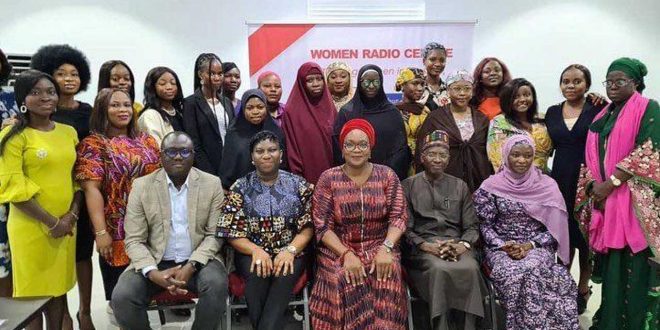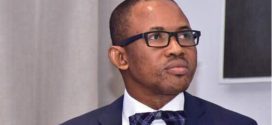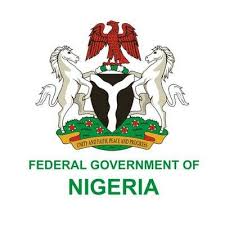As journalism yearns for more women to undertake more investigative stories, especially those that affect them, as well as to tell their stories, the Women Radio Centre (WRC) has taken it upon itself to train, support and equip them for this all important job.
Setting out with the mandate of training women in media, the centre, which is supported by the MacArthur Foundation, trained and equipped 20 women journalists in the art of investigative, solution, data driven and infographic journalism in uncovering issues, overcoming gender based discrimination in the newsroom, exploring Open-Source Intelligence (OSINT) in investigative reporting and how to write compelling pitches.
The 20 women journalists, who were drawn from all the geo-political zones in the country, underwent a weeklong intensive learning with some of the best minds in the industry, learning what it takes to become better story-tellers backed with facts, research and data.
The Centre’s Director, Toun Okewale-Sonaiya, urged women to intensify and focus reportage on issues in Nigeria, which directly affects women and girls, adding that only a woman can truly tell a woman’s story effectively and create change.
According to Okewale-Sonaiya, who is also M.D. of Nigeria’s first female-centered radio station, Women Radio 91.7fm, it has become imperative for female journalists to give a voice to untold stories surrounding women, insisting that women have peculiar stories that must be told and by women in particular.
She said the training was organised with aim of equipping young female reporters with skills to meet up with current global needs in journalism, which will directly impact positively on Nigerian society.
‘‘Women are human beings, but their stories are usually not told or are often relegated. Let’s use our power to tell our stories, there are so many untold stories out there, stories that need to be uncovered for people to see that there are gaps and those gaps need to be filled. We must also let people know that women are treated unfairly, there is no justice, so, when we x-ray and bring these issues out, we can realise that Nigeria has been unfair to her women. This is what conceived the idea to train women journalists to learn how to investigate and report issues; issues that reflect weaknesses in the system, issues that are under covered, under reported and bring it to the fore so that we can find solutions; that is why we decided to train women to tell stories from the woman angle” she said.
She, however, called on the government at all levels to begin to support and invest more in women as this was the best way to not only boost the nation’s Gross Domestic Product (GDP), but also grow the country in all areas and ensure justice and fairness.
Also speaking, the African Director of the MacArthur Foundation, Dr. Kole Shettima, explained that one of their areas of interest is increasing the quality of female journalists in Nigeria, hence their partnership with the WRC.
Shettima commended the Centre for carving a niche of excellence, passion and continuously amplifying and giving voices to women, adding that they would continue to support their great works of impactful journalism.
The training also dealt with a background to investigative reporting, investigative reporting from a gender perspective, safety tips for women online, on the field and whilst doing reportage among others. At the end of the training, all participants are expected to use the skills garnered to write and publish stories pitched during the training.
Facilitators at the training included Founder TV360, Nigeria Deji Badmus; Dr. Suleiman Yar’Adua and Dr. Ruqayyah Aliyu of Bayero University, Kano; Dr. Raheemat Adeniran of Lagos State University, Dr. Adamah Adamu of Ahmadu Bello University, Zaria; Motunrayo Alaka of Wole Soyinka Centre for Investigative journalism, Juliana Francis of Eagle Online and Fisayo Soyombo of Foundation for Investigative Journalism, Lanre Arogundade, Dare Ogunyombo, Adenike Aloba of Dataphyte amongst others.
 Hottestgistnaija.com
Hottestgistnaija.com





